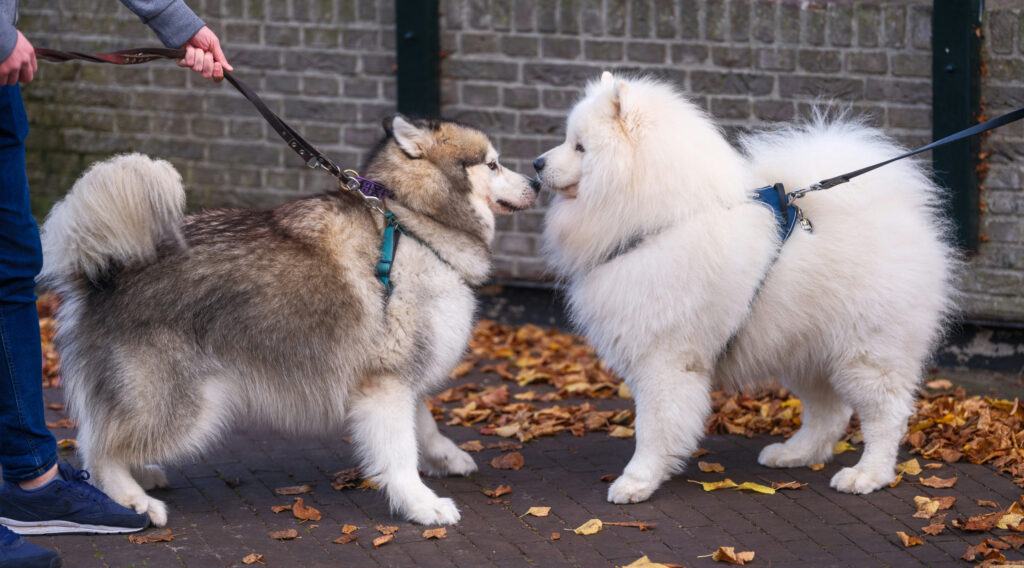There’s nothing quite like watching a dog run freely, ears flapping, pure joy on their face. But as someone who’s worked with countless rescue dogs — including a few notorious “runners” — I know that off-leash freedom is something that has to be earned through trust and consistent training.
I’ve seen too many heartbreaking situations where dogs without solid recall have gotten into dangerous situations. The good news? Every dog can learn to come when called, though some take more patience than others.
Start with a Long Leash (Your Safety Net)
Before you even think about going completely off-leash, you need to build success with a long training lead. I use 20-30 foot leads in safe, enclosed areas like dog parks or large fenced yards.
- Call your dog’s name followed by “Come!” in the happiest voice you can muster
- The moment they start moving toward you, celebrate like they just won the lottery
- Reward generously every single time — treats, praise, whatever makes your dog light up
This long leash gives you control while letting your dog feel some freedom. It’s also your backup plan if they get distracted and don’t respond right away.
Make “Come” the Best Thing Ever
Here’s where many people go wrong: they accidentally make “come” a punishment. I learned this lesson the hard way with a rescue dog who would bolt the moment I called him because he thought it meant bath time or going inside.
- Never, ever scold your dog when they finally come to you, even if it took forever
- Practice “surprise recalls” — call them over, reward them, then immediately release them to go play again
- This teaches them that “come” doesn’t always mean the fun ends
One of my favorite tricks is to occasionally call a dog just to give them a treat or quick praise, then send them right back to what they were doing. It keeps the recall positive and unpredictable in a good way.
Build Up Distractions Gradually
Start in boring environments and slowly add challenges. I like to think of it as building your dog’s “focus muscle.” You wouldn’t expect someone to lift 100 pounds on their first day at the gym, right?
- Begin with minimal distractions — maybe just you and your dog in a quiet yard
- Gradually introduce mild distractions: other dogs at a distance, interesting smells, squirrels
- Only increase difficulty when your dog is consistently responding at the current level
I’ve worked with hunting breed rescues who needed months of gradual distraction work before they could ignore a rabbit long enough to come when called. Patience pays off.
Avoid These Training Mistakes
Never chase your dog. I know it’s instinctive, but chasing turns recall into a fun game of keep-away. Instead, run away from your dog while calling them — most dogs can’t resist joining a good chase game where they’re the one doing the chasing.
Don’t overuse “come.” Save it for when you really need it. If you use it for every little thing, it loses its importance and urgency.
Safety Always Comes First
Even with solid training, I never recommend off-leash freedom everywhere. Keep dogs leashed near roads, in areas with wildlife, or anywhere local laws require it. Some of the best-trained dogs I know still wear leashes in potentially dangerous situations — it’s just smart.
For dogs with high prey drive or those still building their recall, consider a GPS collar as an extra safety measure during training.
The Reality Check
Off-leash freedom isn’t right for every dog, and that’s okay. Some rescue dogs I’ve worked with had such strong chase instincts or anxiety issues that they were happier and safer on long leashes or in fenced areas. There’s no shame in keeping your dog safe while still giving them room to explore.
Building reliable recall takes time — usually months, not weeks. But watching a dog who’s learned to trust you enough to come running when called, even when there are amazing distractions around? That’s one of the most rewarding aspects of dog training.
⚠️Disclaimer: These tips are for general guidance. Dogs with strong prey drive, anxiety issues, or those who’ve had traumatic experiences may need professional help to develop safe recall skills.

